How to determine what qualifies as a business purpose mortgage loan
Florida House Bill 935 goes into effect July 1, 2019. It adds stiff penalties for misrepresenting a consumer mortgage loan as a business purpose mortgage loan. The former requires a mortgage lender license to transact. Violations are punishable at minimum as third-degree felonies.
We’ve created a handy checklist to help you determine what qualifies as business purpose and what documentation you should collect to guard against violations.
01 Determine the Loan’s Purpose
When investigating potential mortgage lender licensing violations, Florida’s Office of Financial Regulation (OFR) follows the federal Consumer Financial Protection Bureau’s interpretation of exempt transactions (12 CFR Part 1026.3). Unlicensed lenders should consider the following:
General Considerations
- Is the borrower an LLC or other business structure?
- Is the borrower’s primary occupation closely related to the acquisition?
- Will the borrower personally manage the acquisition?
- Is the ratio between the borrower’s income from the acquisition to his or her total income high?
- Is the transaction large?
- Has the borrower indicated a business use in their statement of purpose for the loan?
The more “yes” answers above, the more likely the transaction is easily proved business-purpose. Some —like whether a ratio is “high” or a transaction “large”—unhelpfully lack defined thresholds. Use common sense and err on the side of caution: Don’t transact if your gut says the FL OFR may interpret it as a consumer mortgage loan.
Rental Property Considerations (any “yes” here is automatic business purpose)
Unless otherwise noted, the loan’s purpose must be for the acquisition, improvement or maintenance of the real property securing the loan.
- Is the rental property non-owner occupied (i.e., the owner will not be in residence more than 14 days in the coming year) with four or fewer housing units?
- Is the rental property non-owner-occupied with five or more housing units, and the borrower is not an individual or the lender is an institutional investor (as defined in FL statute 494.001)?
- Is the rental property owner-occupied with two to four housing units, and the loan is for its acquisition?
- Is the rental property owner-occupied with five or more housing units, and the loan is for its acquisition, and the borrower is not an individual or the lender is an institutional investor?
- Is the rental property owner-occupied with five or more housing units, and the loan is for its improvement or maintenance, and the borrower is not an individual or the lender is an institutional investor?
Owner-occupied rental property that lacks the required number of housing units but otherwise meets the other factors may still be business-purpose if it conforms to General Considerations standards.
02 Support the Loan’s Business Purpose Status with Documentation in the Transaction File
- Borrower’s primary occupation
- Borrower’s total income
- Expected borrower income to be generated from the acquisition
- Borrower statement of loan purpose (handwritten note is best)
- Borrower statement of property occupancy (handwritten note is best)
- Parcel information from the county in which the property is located
If you are not personally originating the loan, double-check that the aforementioned items are in the file. If they are, personally confirm their authenticity.
Uh-oh. The Loan Didn’t Pass Step 1
If the loan does not meet the litmus test outlined in Step 1, the loan will likely need a Florida mortgage lender license to transact. There are a few exemptions to this requirement outlined in Florida statute 494.00115, with HB 935 further defining an exemption sometimes used by private investors:
- You make or acquire the mortgage loan using your own funds (not a self-directed IRA) for your own investment—and, if selling, the loan was made or acquired by this method; and
- You do not hold yourself out to the public as being in the mortgage lending business by:
- Advertising using business cards, stationary, brochures, signs, rate lists or promotional items.
- Communicating in a way that leads your prospects to reasonably believe that you are in the mortgage lending business.
- Having a premise from which you regularly perform mortgage lending activities or meet with prospective borrowers.
- Advertising or conducting business under a name, logo, website, etc. that reasonably implies you are a licensed mortgage lender or operate a similar, but unlicensed, type of business.
As a reminder, FL HB 935 did not change any of the current mortgage lender licensing requirements. If you were required to have a license for a certain kind of transaction before, you will continue to need to have one. These include:
- Loans secured by a dwelling where the borrower is using the funds for personal, family or household use (a consumer mortgage loan).
- Loans secured by residential property with five or more housing units and the borrower is an individual or the lender is a noninstitutional investor.
- Loans secured by commercial real property and the borrower is an individual or the lender is a noninstitutional investor.
Servicing any of the above loans.

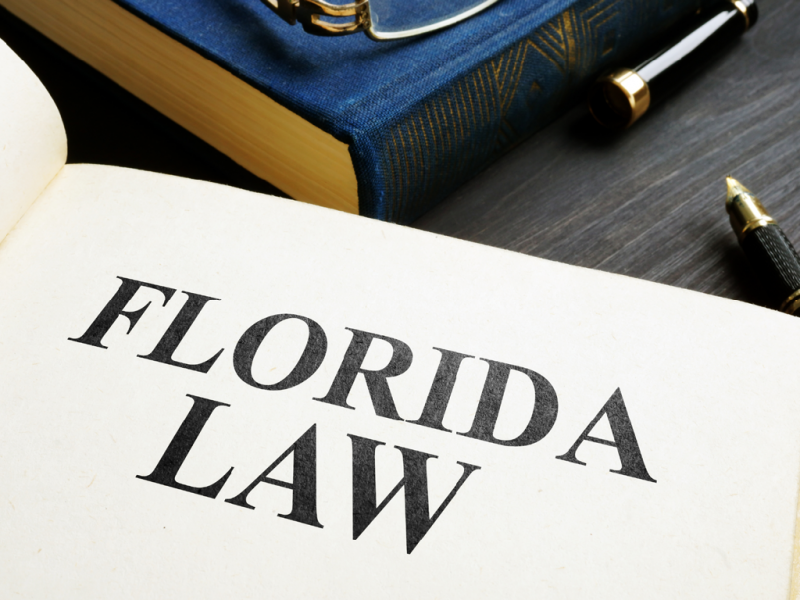


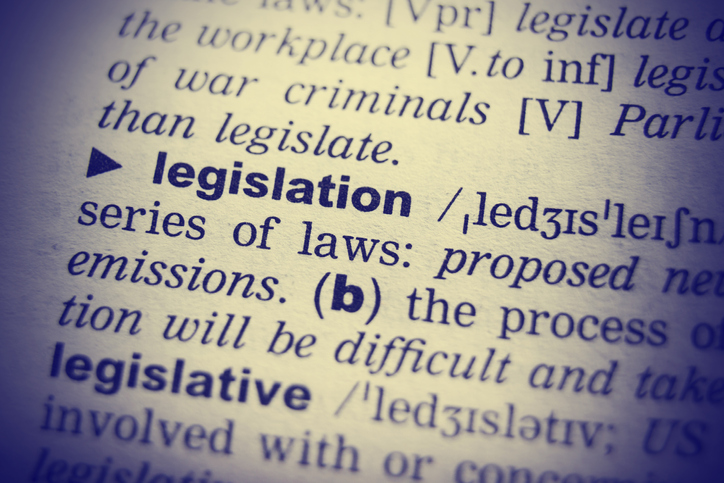
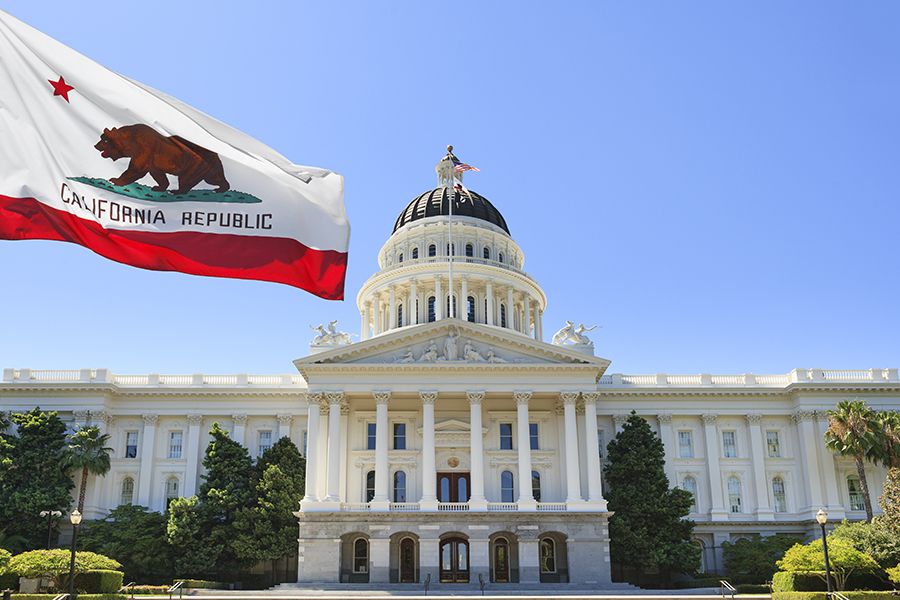
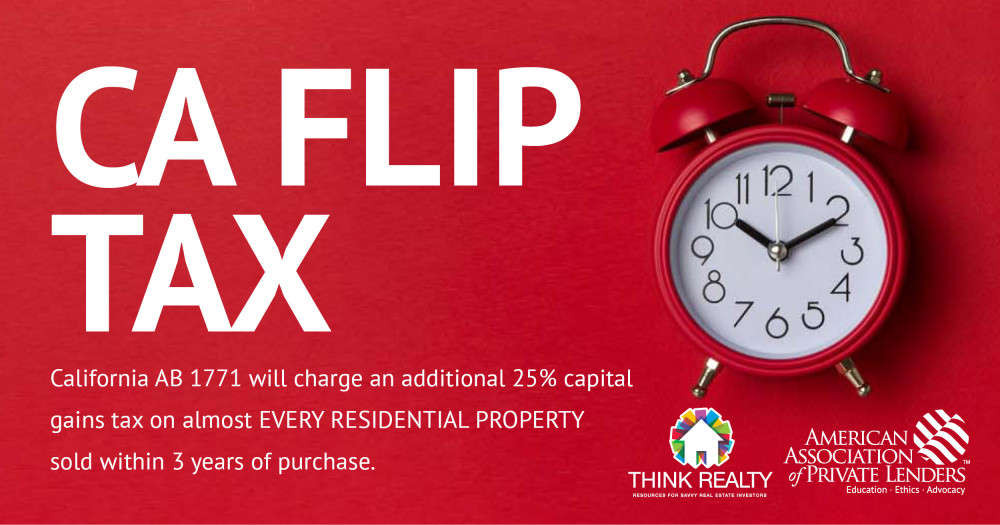



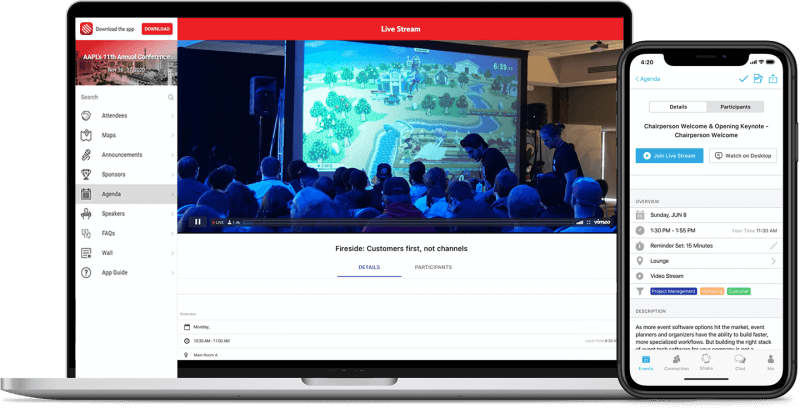

Leave A Comment